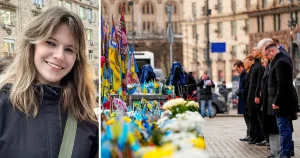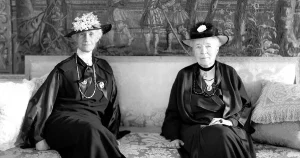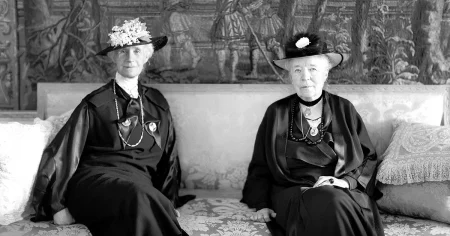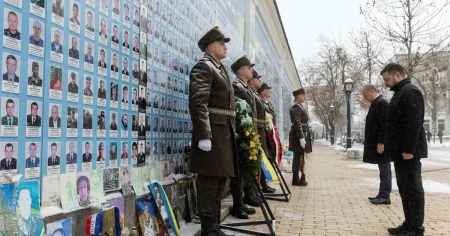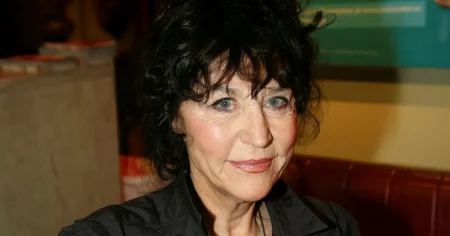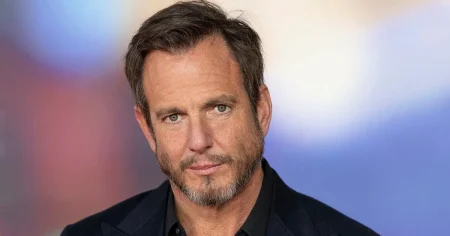Mika Söderström: From Track to Virtual Cycling Champion
Mika Söderström, a former aspiring Olympic track athlete, found a new path to athletic achievement after injuries derailed her initial dreams. Three years ago, she discovered the world of virtual cycling, a burgeoning e-sport that combines the physical demands of traditional cycling with the technological advancements of online competition. Using a stationary bike in her living room as her training ground and arena, Söderström meticulously honed her skills and strategies, ultimately culminating in a remarkable victory: winning the Swedish National Championship in virtual cycling. This unconventional sport demands the same intense physical exertion as traditional cycling, challenging athletes to push their limits of endurance and strength, all within the confines of their homes. Söderström’s story highlights the growing recognition and acceptance of e-sports within the broader cycling community, blurring the lines between physical and virtual competition.
Rula Hassanein: Freedom’s Price: A Mother’s Reunion and a Daughter’s Unfamiliarity
Journalist Rula Hassanein recently experienced the bittersweet taste of freedom after being released from prison in Gaza following a ceasefire agreement. Imprisoned for "incitement," Hassanein’s time behind bars came at a profound personal cost. Her daughter, Elia, was merely a baby when she was incarcerated. Now, approaching her second birthday, Elia does not recognize the tearful woman whom everyone embraces. The reunion is marked by a heartbreaking disconnect, a poignant reminder of the invisible scars of conflict and imprisonment. Hassanein, deeply affected by her experiences, acknowledges that she will never be the same person. The challenge now lies in rebuilding the mother-daughter bond fractured by enforced separation, navigating the complexities of reintegration into a family irrevocably altered.
Maya: Battling Anorexia and a Changing Healthcare System
Maya, a young woman battling anorexia, found solace and progress at the Mandometer Clinic, a specialized treatment center in Stockholm. Having endured previous rounds of hospitalization and forced treatment in her hometown with limited success, the clinic’s approach, which emphasizes patient autonomy and avoids coercive methods, provided a crucial sense of safety and control that fostered her recovery. However, a restructuring of Stockholm’s eating disorder treatment services now threatens to disrupt this fragile progress, leaving Maya and other vulnerable patients fearing for their lives. The Mandometer Clinic’s philosophy centers around the principle of no coercion, allowing patients to actively participate in their recovery process and rebuild a healthy relationship with food. This approach stands in contrast to more traditional methods that can often exacerbate the anxieties and control issues associated with anorexia. Maya’s story underscores the importance of individualized care and patient-centered approaches in treating complex mental health conditions like eating disorders.
Evelin Vásquez: A Migrant Family Caught in the Crosshairs of Shifting US Immigration Policies
Evelin Vásquez’s dreams of a life in the United States were abruptly shattered just hours after Donald Trump’s return to the presidency. She and her children found themselves stranded in Ciudad Juárez, Mexico, joining the growing ranks of migrants caught in the limbo of shifting immigration policies. Vásquez was deported back to Mexico after being apprehended at the US border, leaving her separated from her husband, who remains in California. Her story encapsulates the human cost of stringent border control measures, highlighting the precarious situation of families seeking refuge and opportunity, only to be met with barriers and uncertainty. The rapid change in policy following Trump’s inauguration left many migrants unprepared and vulnerable, underscoring the unpredictable nature of immigration enforcement and the devastating impact on families caught in its wake.
The Growing Recognition of E-Sports: Blurring the Lines Between Virtual and Physical Competition
The emergence of e-sports has challenged traditional notions of athleticism and competition, prompting a reevaluation of what constitutes a sport. Mika Söderström’s success in virtual cycling exemplifies this shift, demonstrating the intense physical demands and strategic complexities inherent in these digital arenas. E-sports require dedication, training, and skill, mirroring the commitment expected of athletes in traditional sports. The growing acceptance of e-sports within established sporting communities, as seen in the cycling world’s embrace of virtual cycling, signals a broader cultural shift towards recognizing the validity and legitimacy of these digital competitions. This blurring of lines between the physical and virtual realms of sport raises intriguing questions about the future of athletic competition and the evolving definition of what it means to be an athlete.
The Human Cost of Conflict and Displacement: Stories of Resilience and Loss
The stories of Rula Hassanein and Evelin Vásquez highlight the profound human impact of conflict and displacement. Hassanein’s experience reveals the lasting psychological and emotional toll of imprisonment, particularly the challenges of reintegrating into family life after an extended absence. The disruption to the mother-daughter relationship underscores the invisible wounds inflicted by such separations. Vásquez’s story exemplifies the plight of migrants caught in the crossfire of political decisions, their lives and families fractured by shifting immigration policies. These narratives offer a poignant glimpse into the resilience of the human spirit in the face of adversity, while also exposing the vulnerability of individuals and families navigating complex and often hostile environments. The stories underscore the urgent need for compassionate and humane solutions to address the root causes of displacement and promote social justice and human rights.


